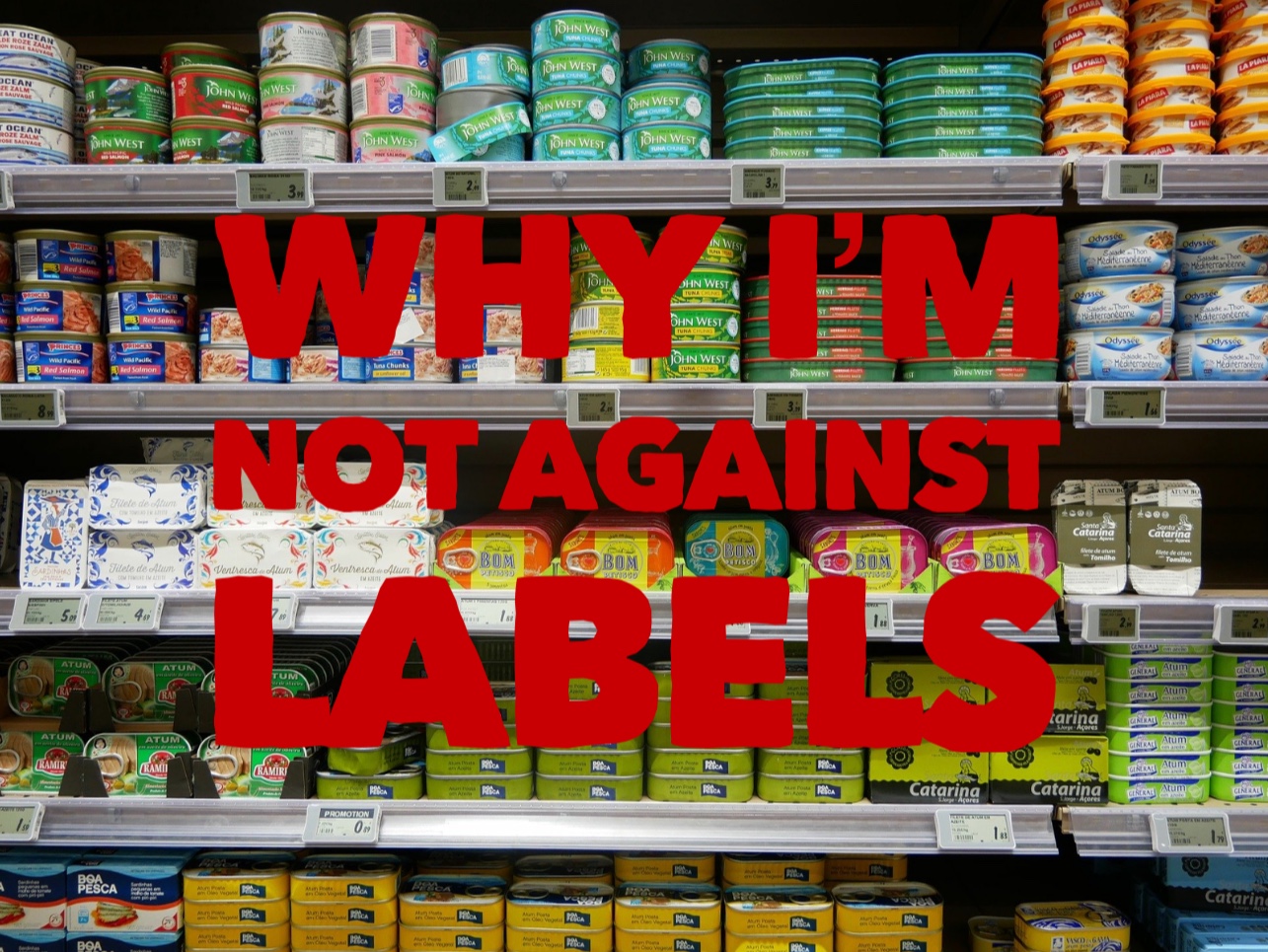Can I Have a "Quiet and Gentle Spirit" If I Have a Strong Personality?

"Your beauty should not come from outward adornment, such as elaborate hairstyles and the wearing of gold jewelry or fine clothes. Rather, it should be that of your inner self, the unfading beauty of a gentle and quiet spirit, which is of great worth in God's sight." —1 Peter 3:3-4 This Bible verse is often used to silence women and shame them for being assertive or outspoken. However, in context, having a quiet and gentle spirit isn't just for women—and it doesn't mean you have to be a doormat. In a Biblical sense, "quiet" does not mean timid. It means you have a sense of confidence that comes from within. It doesn't mean that you can't set boundaries or stand up for what's right. You don't literally have to be silent or passive. It means that you use your words and actions in a way that glorifies God rather than glorifying yourself. The idea of "quietness" is contrasted with focusing on one's outward appearance. Be






